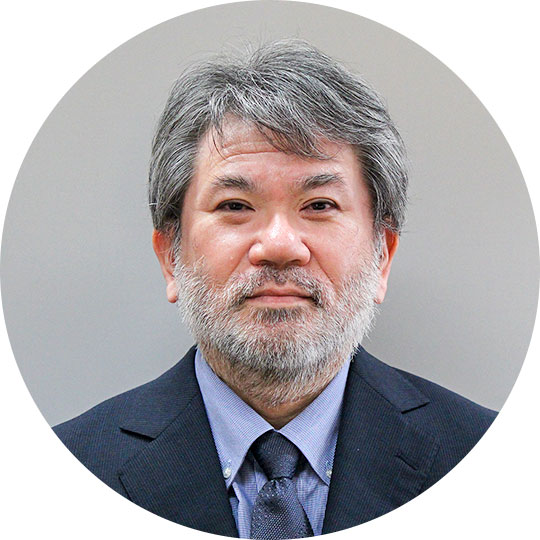Welcome Message from the Dean

Dean of the Faculty of Social Welfare
Human beings construct society and engage in various activities cooperatively. In order for people of diverse backgrounds to work towards the same goal, explicit and implicit agreements have been established. Over the course of history, these agreements have undergone many changes up to the present day. One of the agreements is the realization of social welfare.
What do you believe the goal of achieving social welfare entails? In addressing this question, it is necessary to not only consider the methods such as targets, procedures, and means, but also to vividly envision the desired state of social welfare. We can then establish agreements for collaboration while conveying and confirming our own vision with others.
Think back to how things were in Japan three years ago (in 2021). Covid-19 was spreading within the country, and anxiety and concern about infection were increasing nationwide. It was a time where all citizens were facing the same concerns while struggling with the difficulties of daily life. The daily lives of families raising children, families with individual circumstances such as working away from home or single parenting, individuals recuperating from illness or injury, people with disabilities, and those experiencing financial hardship were inevitably affected in many ways.
The realization of social welfare involves people with diverse perspectives, values, and outlooks working together. Learning about social welfare involves studying disciplines that are closely related to human life, from fields directly related to social welfare, to society as a whole, from the perspective of social welfare.
Our faculty has two departments: the Department of Social Welfare and the Department of Human Welfare. In the Department of Social Welfare, students learn the skills necessary to understand human life at different levels, such as basic living groups like individuals and families, familiar living groups like workplaces and communities, and broader society including local governments and the nation. In the Department of Human Welfare, students develop an understanding of human life from both physical and mental aspects, and on that basis, acquire the skills necessary to support people facing challenges at various stages of development.
In both departments, an attitude of actively learning through interaction with others is required. In today’s society, where respect for diversity is emphasized, it is necessary to collaborate and work on problem-solving while acknowledging differences in values. Please pursue your strengths and weaknesses, striving to discover a new self through interactive experiences with fellow students and faculty members.
By the way, department selections will now be made in the second year, starting from the students enrolling for the academic year 2024. This change is intended to allow students to autonomously select their course of study upon understanding the expertise and research content of the faculty members and the characteristics of both departments. This choice also includes career planning after graduation. We also hope that this will provide an opportunity for students to encounter unfamiliar knowledge and fields of expertise and to pursue new learning.

